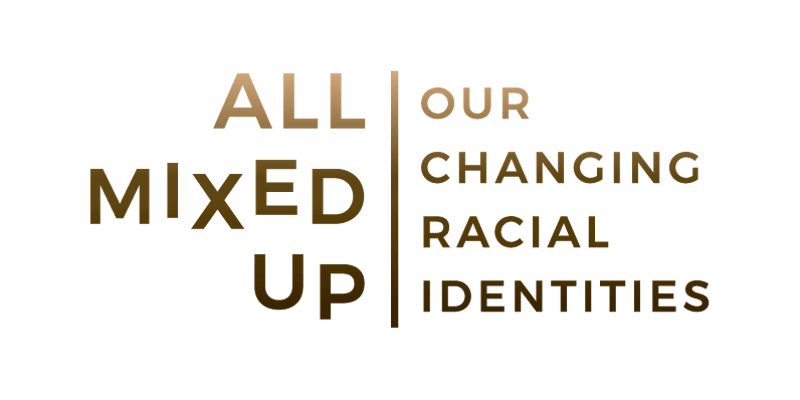Multi-ethnic Koreans find help with assimilation through MACK Foundation
The Korea Times
2012-04-25
A “typical Korean” probably wouldn’t call Yang Chan-wook a typical Korean, but he wants to be seen that way. The 37-year-old is a multi-ethnic Korean, part Korean from his mother’s side and part African-American from his father’s side. And he’s working towards better understanding of multi-ethnic Koreans in Korean society with his foundation, the Movement for the Advancement of the Cultural-Diversity of Koreans, also known as MACK.
The MACK Foundation president was born in Korea, but moved around between the U.S., Germany and Korea when he was young. Yang says he really started to come to terms with his dual ethnicities after his parents divorced.
“It was around 10 or 11 when I started to identify myself with the different cultural aspects of my own life that either contradicted or fit into the environment that I was in,” says Yang. Until that point, Yang continues, “my ethnicity wasn’t really on my mind until I moved to my father’s side of the family in an all African-American community.” It was there in Chicago where Yang says that his dual-ethnicities were actually being pointed out to him and he had to start thinking about what that meant.
After that, Yang decided to dedicate his life towards helping others with similar backgrounds. He moved back to Korea in 2003. It was here in 2009 where he took the reins of MACK.
“We’re different from other multi-cultural foundations because we’re focused on Koreans accepting the diversity of its own people,” says Yang…
…Shin Hei-soo, a U.N. Committee on Economic, Social and Cultural Rights expert, says that Korea still has many issues accepting a multi-ethnic as well as a multi-cultural society. It’s because “Koreans have long historical roots of the family tree,” Shin explains. In her hometown area in Gyeonggi Province, where they can count back to 11 generations of the family name Shin, she says even Koreans with a different last name than Shin are still treated as outsiders.
Rural and older generations might have a more conservative view about accepting mixed-race Koreans into society, says Lee Kyu-jae, a recent Hanyang University graduate. “In my opinion, mixed-race Koreans are also our citizens so we shouldn’t consider them as foreign or someone who is different.” The 26-year-old continues, “because Korea is a single-race nation, most Koreans cannot help having a sense of difference about them. So, they sometimes suffer from hardship due to this unique Korean perspective.”…
Read the entire article here.
